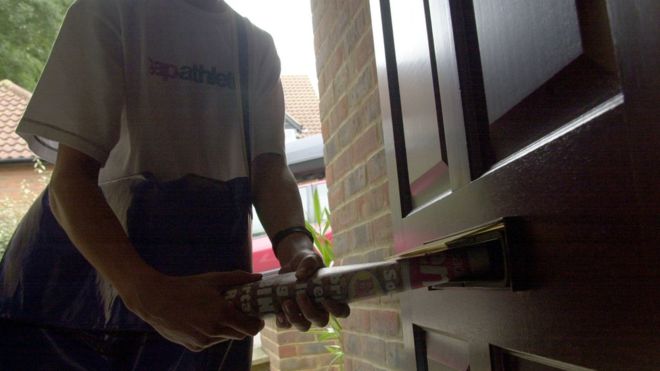Texas Car Accident Lawyers - San Antonio Auto Accident Attorneys
Will you get the best settlement for your Texas car accident case?
The Texas car accident lawyer that you choose to represent you in your auto accident case is the often the difference between getting a fair settlement or no settlement. We are the smart choice for your case. Here's why. 
What We Do For You After Your Texas Car Accident
You probably feel a little confused about your rights after a Texas car accident. You are not alone. The laws are complex and change on a daily basis. Our Texas car accident lawyers will explain your legal rights to you, and help you submit your claims so you can:
* Get the best possible settlement for your car accident case
* Get your medical bills and expenses paid after your car accident
* Get your lost income and wages paid after your car accident
* Get your attendant care, household service, and other insurance benefits
* Get your property damage claim settled
* Handle your no-fault insurance claim from start to finish
* Obtain your traffic accident report
* Obtain all of your medical records
How Do You Choose Your Texas Car Accident Lawyer
You need a Texas car accident law firm that will pay detailed attention to your case. We don't claim to be the biggest car accident law firm in Texas. In fact, we don't want to be the biggest car accident law firm in Texas. Why does this matter to you?
Because many law firms sign up as many auto accident cases as possible and try to handle them on a large volume basis. If your file gets caught up in one of those offices, you'll be lucky if your case ever gets settled or if your accident attorney ever returns your phone call.
We are different! In fact, we accept only a limited number of Texas car accident cases every year.
By limiting the number of cases that we accept, we can devote our full time and energy to each car accident client. If we accept your case, you are assured that an experienced car accident lawyer will handle your case. You will personally know the attorney handling your case and will not be shuffled around the office to different staff members.
Types of Car Accident Cases We Handle
We represent Texas car accident victims injured in all types of motor vehicle accident in Texas, including:



 Kagan said that Congress passed the fair credit law in the first place because lawmakers were concerned about people being injured by the dissemination of false information.
Kagan said that Congress passed the fair credit law in the first place because lawmakers were concerned about people being injured by the dissemination of false information. A lower court ruled that Robins could not sue because the errors were harmless. But a federal appeals court overturned that decision, saying it was enough that Spokeo violated the Fair Credit Reporting Act.
A lower court ruled that Robins could not sue because the errors were harmless. But a federal appeals court overturned that decision, saying it was enough that Spokeo violated the Fair Credit Reporting Act.